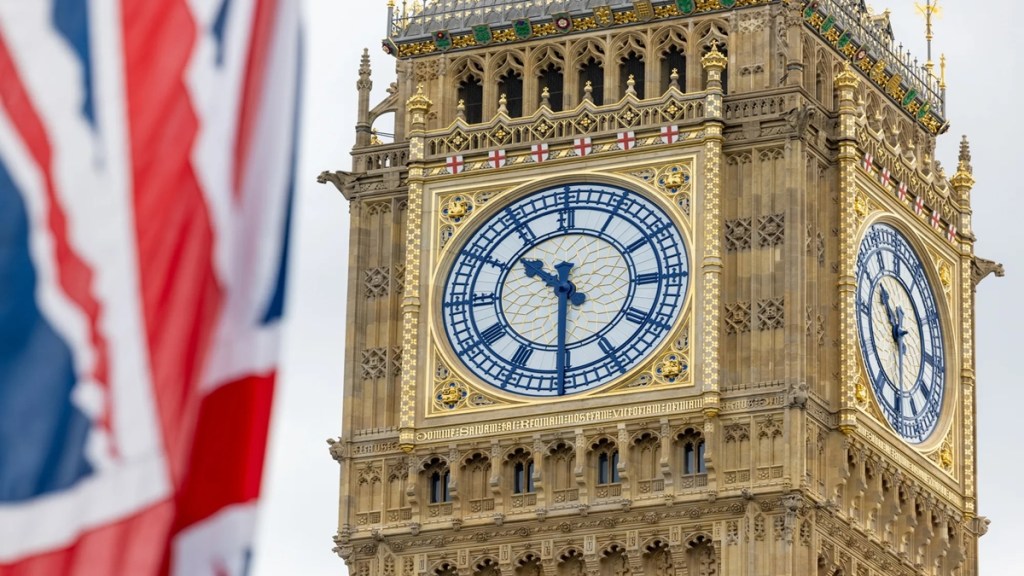The UK government is implementing a complete reset of its immigration system to restore control and order, following a quadruple in net migration in four years, and to focus on investing in skills and training. On July 1, the UK Parliament approved changes to immigration rules, which will take effect from July 22.
There is no overall timetable for the white paper proposals to come into force. But the Home Office has now begun to implement some of them.
An initial reduction to the list of jobs eligible for a new Skilled Worker visa will take effect on 22 July 2025. The revised list will be in place until the end of 2026; the Migration Advisory Committee is reviewing which medium-skilled jobs should be on the list beyond that.
New rules will see skills and salary thresholds rise, overseas recruitment for care workers end, and more than 100 occupations will no longer be granted access to the immigration system. The end of overseas recruitment of care workers is also confirmed for 22 July 2025. People already sponsored for a social care visa by that date will not be affected.
In addition, the department has announced that changes to English language standards will be implemented “by the end of this year”, alongside an increase to the immigration skills charge and a new framework for family visas.
Under the new rules, the skills threshold for Skilled Worker visas is being raised. The salary threshold for general skilled workers will increase from £38,700 to £41,700.
For skilled worker applicants who applied before April 2024, the general wage requirement will rise from £29,000 to £31,300. PhD holders will also have their income threshold raised.
Most Health and Care Visa holders, who are paid according to national pay scales, maintain a salary threshold of £25,000.
The skills threshold for Skilled Worker Visas is being increased to RQF 6 (graduate level), removing 112 previously eligible RQF 3-5 occupations (across all sectors).
The social care worker visa route to overseas recruitment in response to widespread abuse and exploitation will be closed.
Workers in occupations on the temporary shortage list will no longer be able to bring dependants and will not be permitted salary and visa fee discounts.
Employers need to issue Certificates of Sponsorship (CoS) for new and renewing visa applications before 22 July 2025 to be assessed under the current rules. They need to keep in mind that CoS are valid for three months from the date of issue, and visas cannot be renewed more than three months before the CoS start date.
These changes, the first to be rolled out from the Immigration White Paper, represent a fundamental shift in the UK’s approach to immigration and restore order to the points-based system, focusing on higher skills, lower numbers and tighter controls.
The new immigration laws are aimed at ending the UK’s reliance on overseas, lower skilled recruitment.
The introduction of an interim, time-limited and conditional temporary shortage list will make sure the immigration system works better for the UK, with international recruitment only providing support where occupations are key to the industrial strategy or building crucial infrastructure.
The new laws ensure that each sector must have a workforce strategy in place to train UK workers, or it will lose access to the immigration system.
In time, the UK will also abolish the previous government’s immigration salary list. By the end of this year, additional changes will be implemented, including increasing the immigration skills charge, raising language requirements, and introducing a new family policy framework.


